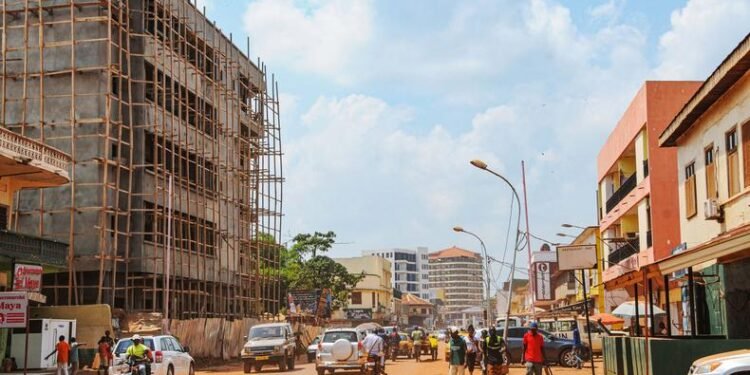For many citizens, the rising expense of living in large African cities is a significant difficulty. For example, housing costs have soared due to a significant supply gap.
As a result of many people’s inability to pay for housing, slums, and informal settlements have proliferated. Additionally, low-income families are forced to live in cramped, subpar circumstances in Lagos since the cost of rent in prime locations might be exorbitant.
Furthermore, the price of essentials including food, transportation, and medical care has increased. The high cost of commodities is a result of inflation and the dependence on imports, which makes it challenging for the typical person to satisfy their necessities.
Meanwhile, limited work prospects and stagnating earnings, particularly in the formal sector, aggravate this scenario, creating a growing income disparity, even in the last year.
According to to Mercer’s Cost of Living City Ranking 2024; “African cities that placed highest in the global Cost of Living City Ranking are Bangui (14, up 12 places), Djibouti (18) and N’Djamena (21). The least expensive cities in the region include Blantyre (221), Lagos (225, down 178 places) and Abuja (226).”
With that said, here are the African countries with the highest cost of living.
Top 10 most expensive African cities to live in 2024
1.Bangui, Central Africa Republic:
Bangui, the Central African Republic’s capital and largest city, has been urbanizing rapidly, resulting in substantial economic and social changes. While the city serves as the country’s political and economic core, growing living costs pose significant obstacles to its citizens and the country’s overall growth. It ranks 14th on Mercer’s global index.
Djibouti, the capital of the Republic of Djibouti, is strategically placed at the crossroads of Africa and the Middle East. Its status as a vital port and logistical center on the Red Sea has resulted in tremendous urbanization and economic development. However, with this expansion comes the difficulty of a high cost of living. It ranks 18th globally.
The expense of housing is one of the most prevalent issues in N’Djamena. The demand for housing has increased due to rapid urbanization, which has caused rental costs to soar. as a result, many locals are compelled to live in cramped, unsatisfactory circumstances, especially those with lower salaries. It ranks 24th on Mercer’s global list.
Conakry’s high cost of living extends beyond housing to include fundamental necessities including food, healthcare, and transportation. Several things contribute to Guinea’s capital city’s high cost of living including housing, it ranks 26th on Mercer’s list.
The high cost of living in Dakar seems to be exacerbating economic inequalities. While a tiny percentage of the population, including expatriates and wealthier locals, can afford the exorbitant prices, the rest struggle to meet basic needs. This economic gap is reflected in significant variations in living circumstances, access to services, and general quality of life. The city ranks 39th on Mercer’s list.
On the west coast of Central Africa, the capital city of Gabon is Libreville, which serves as a major administrative and commercial hub. Libreville has grown to be a popular investment destination for foreigners and corporations because of its strategic position and state-of-the-art facilities. However, the city’s high cost of living poses serious problems for its citizens. It ranks 45th globally.
Douala, Cameroon’s main city and commercial hub, is a thriving metropolis recognized for its port, industry, and dynamic commerce. As the commercial hub, Douala sees a large influx of individuals looking for better economic prospects. As a result, the city boasts a high cost of living. It ranks 63rd on Mercer’s index.
Victoria, Seychelles’ foremost city, is known for its breathtaking natural beauty, rich culture, and position as a tropical paradise. Despite its gorgeous surroundings, Victoria faces the significant challenge of dealing with a high cost of living. On Mercer’s cost of living ranking, Victoria ranks 64th, just one spot lower than Douala.
The high cost of living in this central African city exacerbates economic inequalities. While some people, such as expats and wealthy locals, can afford the higher prices, the remainder struggle to make ends meet. This financial gap is mirrored in differences in living conditions, access to services, and general quality of life.
10.Kinshasa, Democratic Republic of Congo:
The exorbitant cost of housing is one of Kinshasa’s presents one of the city’s most pressing concerns. The city could do with more affordable housing due to its rapid population increase, poor urban planning, and inadequate infrastructural development.










